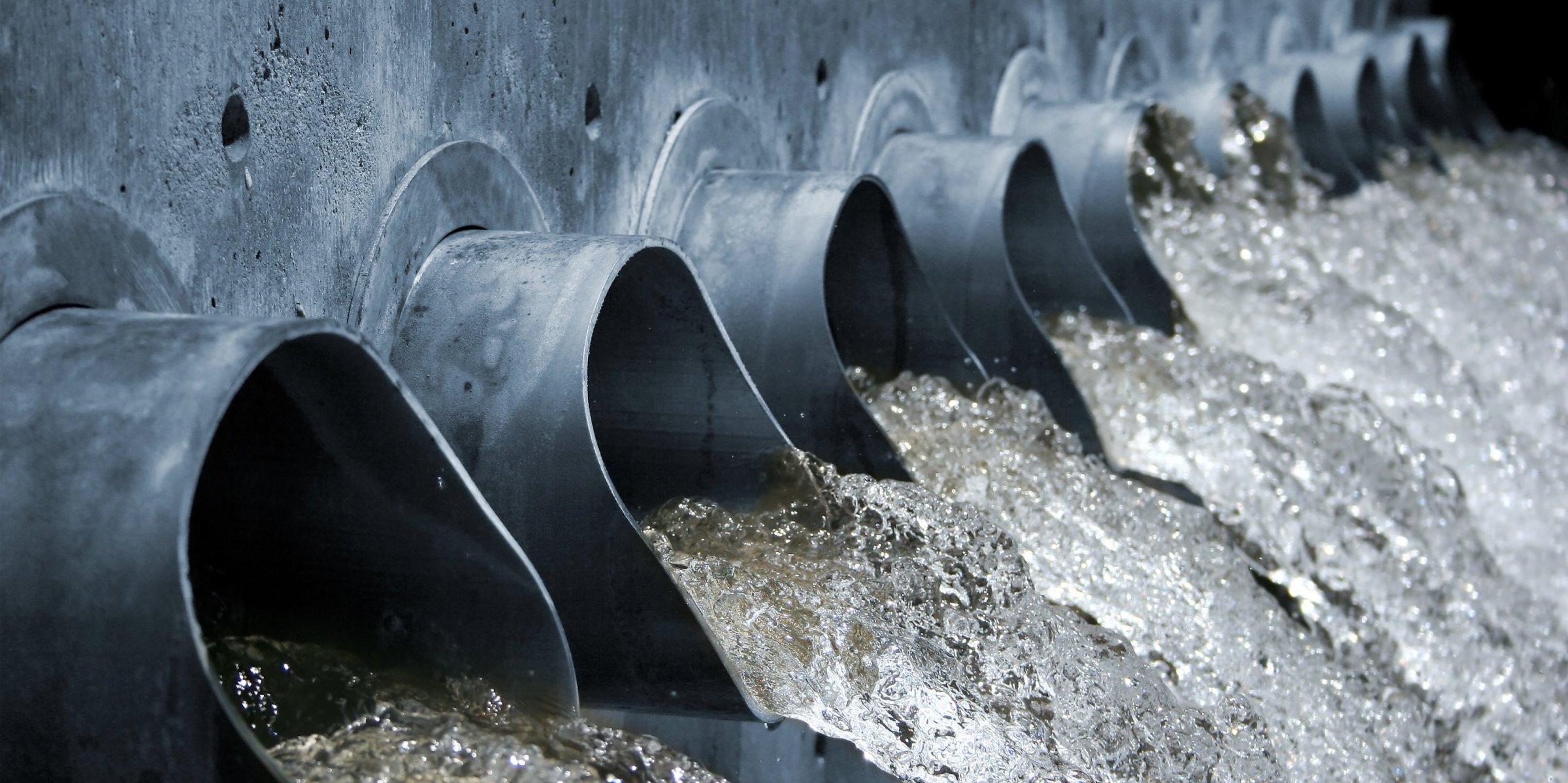
Researchers from the University of Barcelona said they detected the new coronavirus in a frozen sample of Barcelona’s wastewater since March 12, 2019.
If the investigation continues, it will destroy the accepted timeline of the virus and the idea that it originated in China.
The findings were published on medRxiv, a well-regarded server that quickly publishes preprints of medical research while undergoing peer review. The server has been a major source of the latest research on COVID-19, the disease caused by the new coronavirus, but cannot be reported as established information.
The University of Barcelona said in a press release on Friday that the study has been “sent to a high-impact magazine.”
For the study, the researchers examined samples from two large wastewater treatment plants in Barcelona to detect the evolution of the virus in the city.
Since the virus is excreted in the faeces, the researchers say “surveillance in wastewater can be considered a sensitive tool to control the spread of the virus.”
COVID-19 studies on wastewater are ongoing worldwide.
The Barcelona researchers began analyzing weekly samples from April 13 to May 25 and also studied frozen archive samples from earlier in the year, according to the article.
The analysis detected the new coronavirus, called SARS-CoV-2, in Barcelona’s wastewater from January 15 to 41 days before the first official case in Barcelona was confirmed.
This caused the researchers to backtrack further, and analyzed frozen samples from January 2018 to December 2019.
“All samples were negative with respect to the presence of the SARS-CoV-2 genome, except on March 12, 2019, in which the SARS-CoV-2 levels were low but positive, using two different objectives”, said Albert Bosch, coordinator of the study. and president of the Spanish Society of Virology, in the press release.
“Barcelona receives many visitors for tourist and professional reasons,” he said. “A similar situation may have occurred in other parts of the world, and since most cases of COVID-19 show flu-like symptoms, those cases could have been disguised as flu.”
The new coronavirus was first reported in China’s Wuhan in December 2019.
With such surprising results, a great deal of skepticism has been directed toward the study.
Experts have pointed to the fact that studying wastewater for the coronavirus remains promising, but largely unproven science.
Another criticism is that the study detected two separate genes (IP2 and IP4 targets) but not the nucleotides that other researchers, such as those at the KWR Water Research Institute in the Netherlands, looked for in their wastewater surveys.
Until the article has been published in a journal after undergoing a peer review, the study will remain intriguing but not confirmed.
.